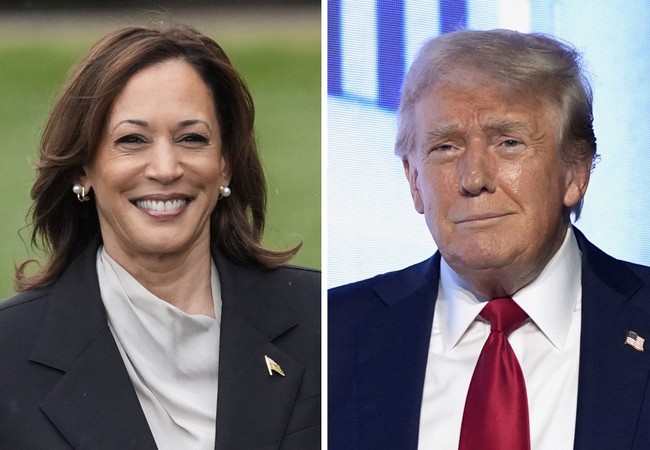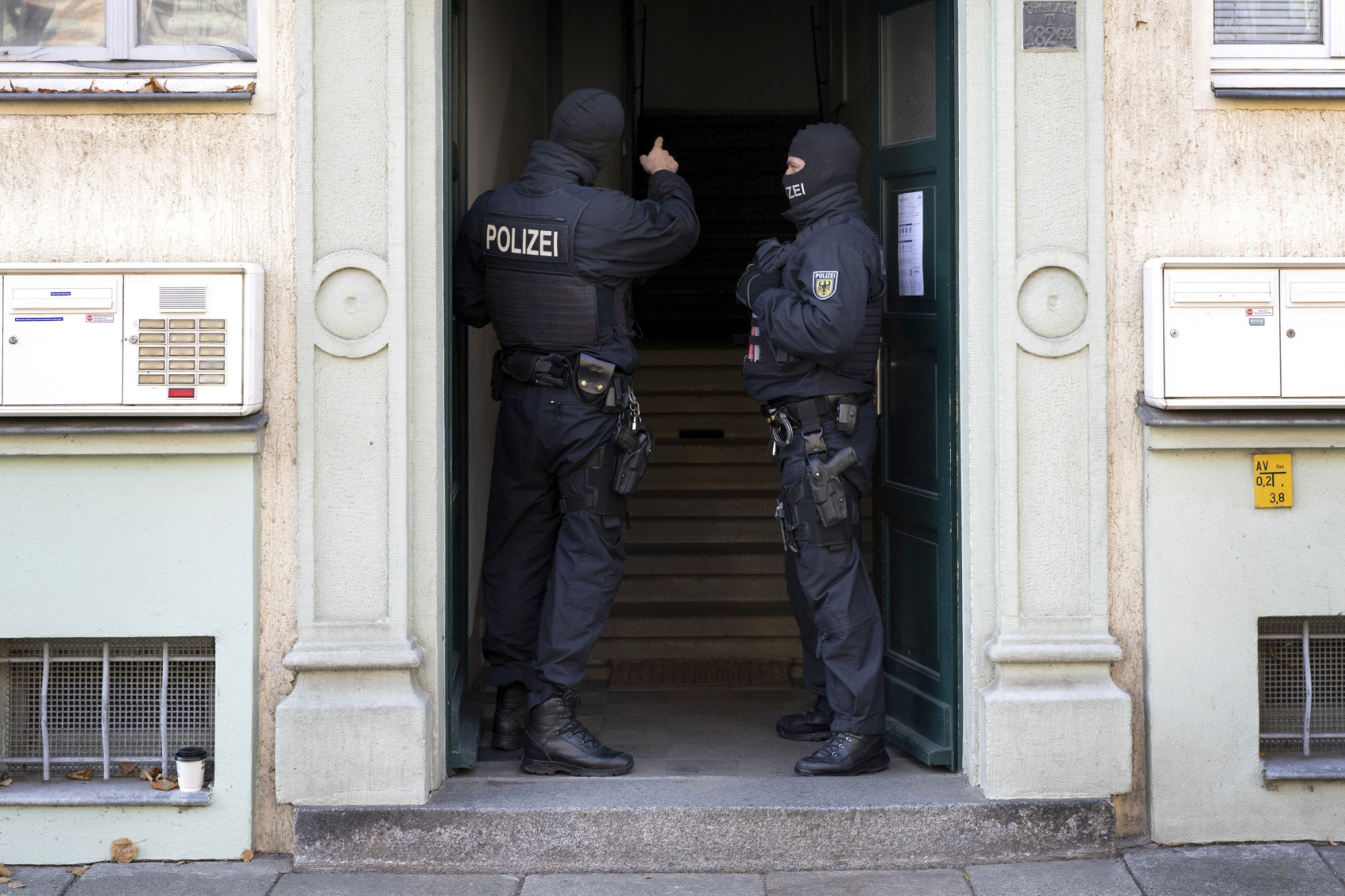Election Integrity and the Trust Dilemma
Amidst a critical electoral race, concerns over election integrity in the United States have surfaced, exacerbated by party divisions, misinformation, and potential threats from both foreign and domestic spheres.
Published November 05, 2024 - 00:11am

Image recovered from redstate.com
As the upcoming U.S. presidential election approaches, debates and concerns over election integrity continue to capture the nation's focus. This discourse is largely fueled by deep partisan divisions among voters, with confidence in the election's fairness being notably polarized along party lines. Recent polling indicates a stark contrast in perceptions, with a significant majority of Democrats expressing trust in the electoral process, while confidence among Republicans remains substantially lower. Such divergence is the largest recorded by Gallup to date, illustrating the challenges the nation faces in achieving a unified foundation of trust in its electoral system.
Central to this divide is the proliferation of misinformation across social media platforms, where conspiracy theories about election integrity are rampant. While left-leaning media attribute Republican skepticism to these influences, the broader implications of such narratives extend into national security concerns. The Department of Homeland Security has warned that such misinformation might empower domestic extremists and result in unrest or violence, which some regions—especially battleground states—already bracing for potential post-election disruptions.
Foreign powers, particularly Russia, have been identified as actively engaged in disinformation campaigns aimed at further fracturing trust in the U.S. electoral system. This strategic focus on sowing discord capitalizes on the security vulnerabilities presented by the human perception aspect, a concept known as a perception hack. Here, the goal is not just altering voter behavior through concrete breaches but manipulating belief systems to undermine democratic institutions fundamentally.
Recognizing the secure and robust infrastructure the U.S. maintains for election integrity, with decentralized processes and paper trails helping to safeguard ballot integrity, experts underscore that human susceptibility to misinformation remains a principal challenge. Efforts to manipulate voter sentiment are anticipated to intensify, especially in the wake of prolonged vote counts that could lead to further speculation about election validity.
The historical context of these concerns can be traced back to former President Donald Trump's persistent claims since 2016. His unsubstantiated assertions that elections were stolen have significantly influenced Republican voter beliefs, contributing to a narrative that undermines confidence in the electoral process. In response, the legal landscape sees heightened activity as parties engage in preemptive litigation to address perceived electoral vulnerabilities.
Compounding these issues are the preparations by law enforcement across the nation to ensure safety at polling locations amid fears of voter intimidation and violence. Heightened measures, including deploying bomb-sniffing dogs and activating the National Guard in certain states, reflect the tense environment in which this election is held. The specter of disruption is not limited to domestic actors; intelligence indicates that foreign entities might exploit these tensions to challenge American democracy further.
Election officials and cybersecurity experts continue their efforts to counteract these influences, promoting transparent communication to preempt the amplification of misinformation. Nevertheless, the enduring challenge will be restoring bipartisan voter confidence, which remains pivotal not only for the smooth conduct of this election cycle but for the sustained functionality of the U.S. democratic system.







